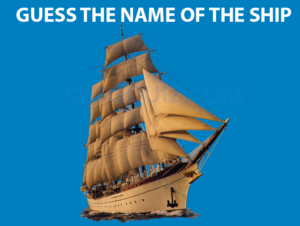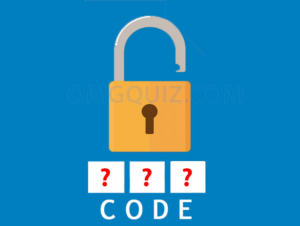What Belongs to You, But Others Use It More?
Have you ever come across a riddle that tickled your brain and made you ponder for hours?

Riddles are like little mental puzzles that challenge us to think creatively and outside the box. One of the most classic and thought-provoking riddles is: “What belongs to you, but others use it more?” If you’re scratching your head trying to figure it out, you’re not alone. In this blog post, we’re going to delve into the answer to this riddle and explore its fascinating implications.
The Riddle Unveiled:
The answer to this intriguing riddle is “Your Name.” Yes, your name belongs to you—it’s your identity, the label by which you are recognized. However, it’s also used more frequently by others. Think about it: how often do you use your own name compared to how often others use it to address you, mention you, or refer to you in various situations? This riddle plays on the notion of ownership and usage, blurring the lines between personal possession and societal interaction.
Why This Riddle Stands Out:
The brilliance of this riddle lies in its simplicity and the cognitive dissonance it creates. It’s easy to get caught up in trying to decipher complex riddles, but this one takes a simple element of our lives—a name—and flips our perspective on it. We often think of things that belong to us as things we exclusively use, but the riddle defies this expectation. It encourages us to consider the ways in which our own identity is woven into the fabric of our social interactions.
The Deeper Implications:
Beyond its surface level charm, this riddle offers several thought-provoking insights:
- Identity and Ownership: The riddle challenges our notions of ownership and identity. It reminds us that even the things we consider deeply personal can have a broader impact on our interactions with others.
- Interconnectedness: In a world where social interactions are integral to our lives, the riddle underscores our interconnectedness. Our names are vehicles for communication, forming connections between us and others.
- Language and Communication: The riddle highlights the power of language and how we use it to connect, label, and navigate the social landscape. Our names are symbols that convey meaning and trigger thoughts, feelings, and memories.
- Perception of Self: By examining the riddle, we can reflect on how we perceive ourselves and our relationships with others. It prompts us to question whether we truly “own” our names or if they’re shared elements of our social existence.
- Cultural and Societal Context: Different cultures and societies place varying degrees of importance on names. This riddle invites us to consider how naming practices differ globally and how they shape our sense of self and community.
The seemingly simple riddle, “What belongs to you, but others use it more?” serves as a gateway to exploring complex concepts related to identity, ownership, interconnectedness, language, and culture. It reminds us that even the most basic elements of our lives can hold deeper meanings when we take the time to unravel their layers. So, the next time you encounter a riddle that appears straightforward, remember that there might be a universe of insight waiting to be uncovered beneath the surface.



